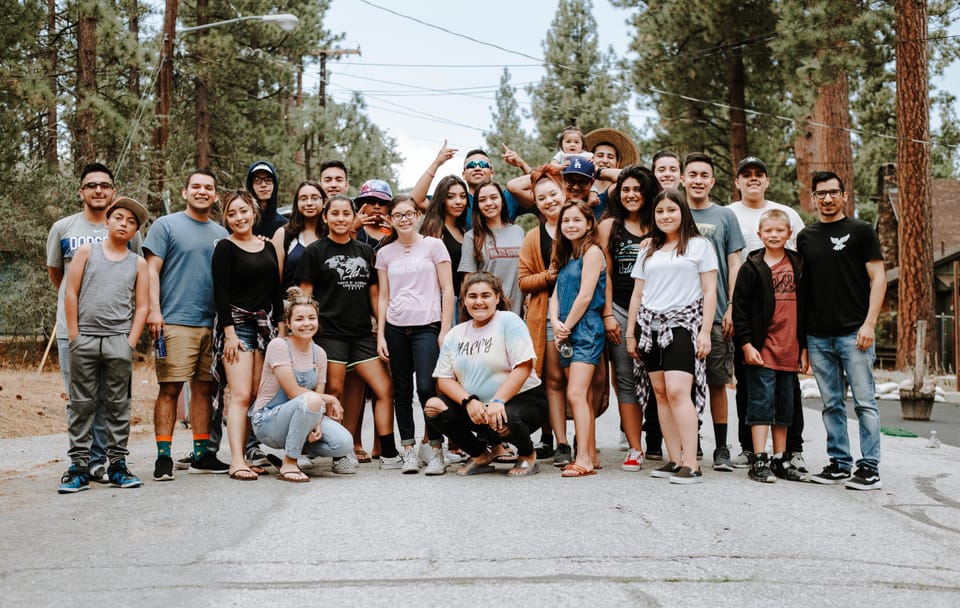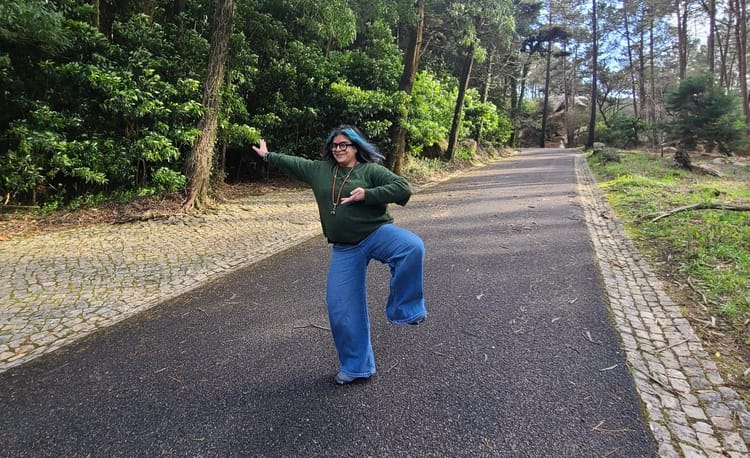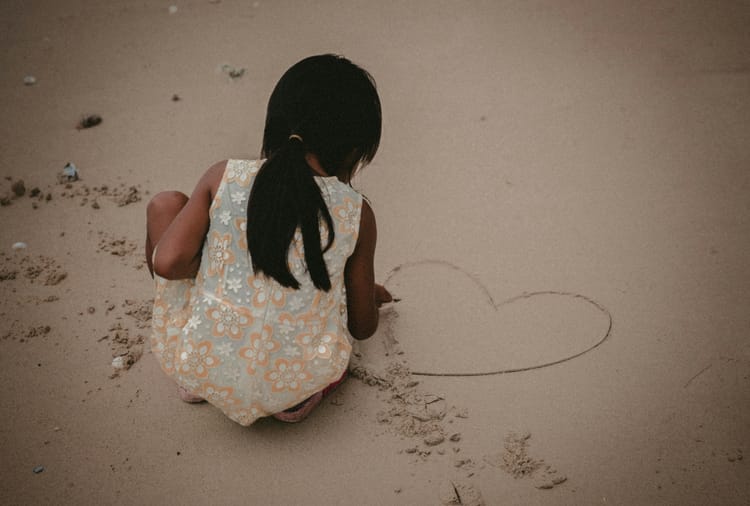Restorative justice on the path to collective liberation

Recently, I had the opportunity to address the harm I experienced in a small group part of a virtual program. I was in a Buddhist program, and I have immense love and respect for the lead teacher which was the main reason for me to join that program. The 100+ participants belonged to diverse races, ethnicities, gender, sexualities, class, nationalities, cultures, etc. I was pumped! All these wonderful people committed to collective liberation, ah!
We were sifted into smaller groups for practice. And it was in this small group that I encountered harm. Aida*, a white woman complimented a Brown woman, Gina*, who spoke with a British accent on her accent and voice. Immediately my body was on fire. I addressed this directly - I said, “This comment is inappropriate. Many of us speak with different accents in this group, and in fact, Buddhism comes from Asian cultures that experience erasure in the West. As an Indian, I have to work twice as hard to be a meditation teacher.
Everyone acknowledged my words. The white woman who commented did too with her body language, but there was no apology. I took a break because I was too activated. As we returned to the larger virtual group, I reached out for support from the admin and did not receive it immediately. I was told that I would have to wait till the end of class or send an email after. It set my mind and body on fire. I was angry and felt like I had no choice in the matter but to address it in the larger group. I did not receive the kind of support that was warranted in this situation. I ended up crying out of frustration and hurt. The leader facilitated a grounding exercise, and I felt somewhat relieved of the high intensity of my emotions. A healthy and passionate discussion ensued.
I received a ton of support from other participants of all races. Despite this, the shame I felt on having that moment so publicly made me feel raw. I was palpitating for days. The evidence of white supremacy culture ran in my veins.
There were long emails exchanged between the programs team and me and eventually, we came to the last day of the program. My emails specified that these sorts of comments that elevated North American and British accents were racist to people like me who spoke with non-Western accents, and to Brown people who spoke with Western accents as they upheld harmful standards of white supremacy culture and perpetuated the model minority ideal.
It is also harmful to queer people who are constantly told that they do not look or sound like how their genders are perceived. I asked how did they plan to address these situations in the future.
The team acknowledged my points and shared with me the changes they were making as a result of this incident. They would have a coordinator/team member available for debriefing in a separate virtual room. After chatting with the Program Lead, we decided to address it in our small group, as neither Aida, who made the comment, nor I had attended the group since then. The plan was that we would let her speak and then I could respond. I had offered to run the meeting because I now have experience in doing this work, fortunately, or unfortunately.
I began the meeting by grounding all of us. I acknowledged that some of this is uncomfortable and that I was choosing to be there for the sake of the group, even though all I wanted was for it to end. I summarized the actions that the organization was taking to ensure support to participants who were activated for whatever reason in subsequent cohorts. Then, my peer, the white woman spoke. She took full responsibility for what she said and apologized. She also said that she felt pain that she had brought forth pain that my ancestors might have felt, making it doubly painful. She was crisp. She was remorseful. And there were no tears.
I was genuinely moved by her words. They had been authentic and the emotion in her voice touched my heart. In the two weeks since that incident happened, I had thought of her many times. Each time with a degree of compassion that surprised me. As someone who f*cks up a lot, I felt we were kindred spirits. I thanked her for the apology and said, “This is why we are here today. Our ancestors did not have these opportunities for restorative justice. In connecting during moments of conflict, with love, we are undoing the intergenerational knots for our ancestors.” I was impacted by my words; they felt like a divination. And I could see that others in the group felt the same.
Gina, the Brown woman, whose British accent had been complimented, spoke. She was overwhelmed and grateful to have witnessed what transpired between Aida and me. She said, “I have never been part of a group where healing like this has been possible. It has been therapeutic and I feel hopeful for this journey ahead.” Others concurred by enthusiastically shaking their heads in affirmation through their virtual windows.
I had never considered that. For me, these situations were about me. As a result, I often felt like I was being too nitpicky or demanding. My internalized oppressor is loud during these moments. I had never imagined that my speaking up could have the impact it did on others, simply by witnessing this conversation filled with loving accountability on both our ends.
This is why I do what I do. It is painful. And it is rewarding. Some days I wonder if it is worth it. On days like this, I am assured that it is.


Member discussion